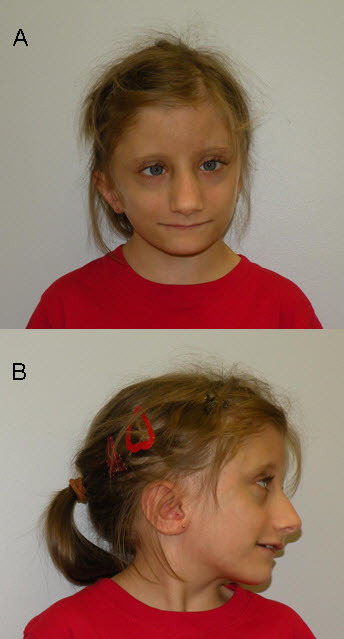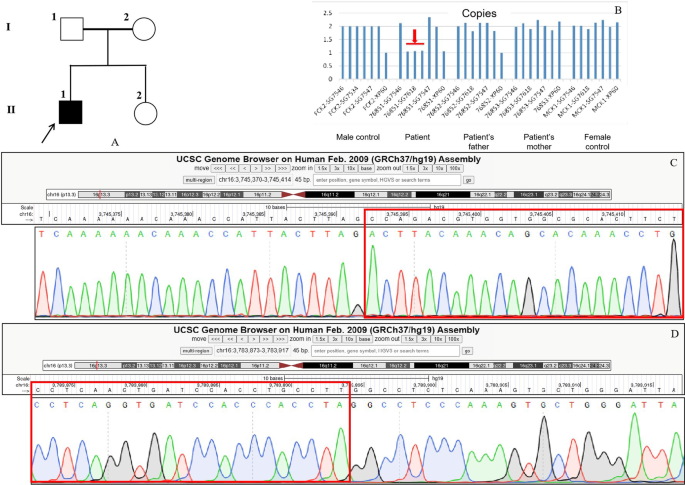Rubinstein-Taybi Syndrome - GeneReviews® - NCBI Bookshelf
Por um escritor misterioso
Descrição
Rubinstein-Taybi syndrome (RSTS) is characterized by distinctive facial features, broad and often angulated thumbs and halluces, short stature, and moderate-to-severe intellectual disability. Characteristic craniofacial features include downslanted palpebral fissures, low-hanging columella, high palate, grimacing smile, and talon cusps. Prenatal growth is often normal, then height, weight, and head circumference percentiles rapidly drop in the first few months of life. Short stature is typical in adulthood. Obesity may develop in childhood or adolescence. Average IQ ranges between 35 and 50; however, developmental outcome varies considerably. Some individuals with EP300-related RSTS have normal intellect. Additional features include ocular abnormalities, hearing loss, respiratory difficulties, congenital heart defects, renal abnormalities, cryptorchidism, feeding problems, recurrent infections, and severe constipation.

The behavioral phenotype of Rubinstein–Taybi syndrome: A scoping review of the literature - Awan - 2022 - American Journal of Medical Genetics Part A - Wiley Online Library
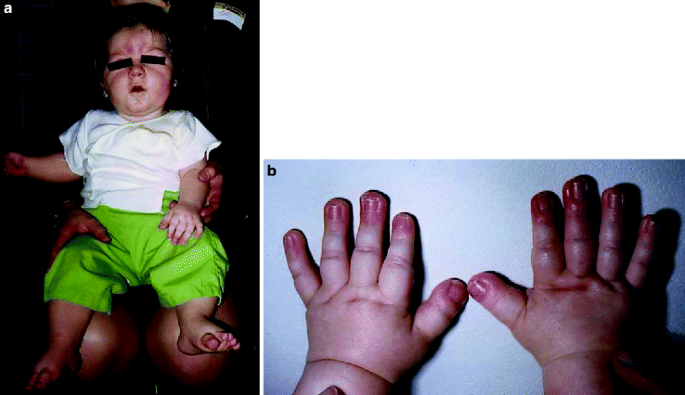
Rubinstein-Taybi Syndrome

PDF) An unusual presentation of Rubinstein-Taybi Syndrome with bilateral postaxial polydactyly Corresponding author

Rubinstein–Taybi syndrome in diverse populations - Tekendo‐Ngongang - 2020 - American Journal of Medical Genetics Part A - Wiley Online Library
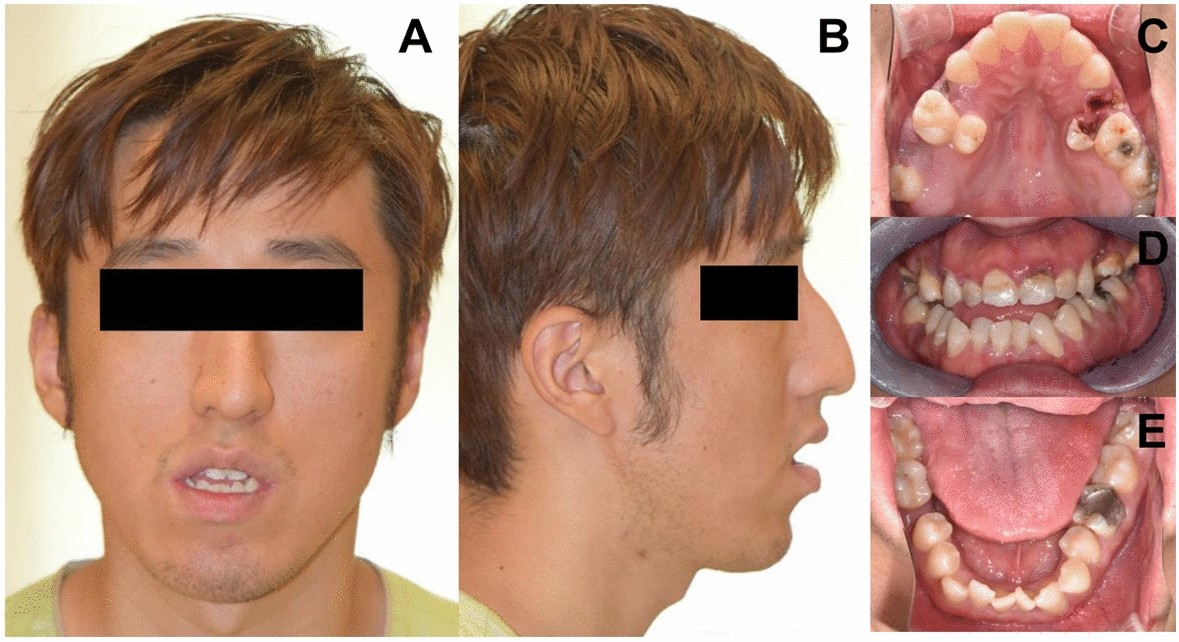
Identification of de novo EP300 and PLAU variants in a patient with Rubinstein–Taybi syndrome-related arterial vasculopathy and skeletal anomaly

Skeletal Dysplasias - Endotext - NCBI Bookshelf

Molecular studies in 10 cases of Rubinstein-Taybi syndrome, including a mild variant showing a missense mutation in codon 1175 of CREBBP
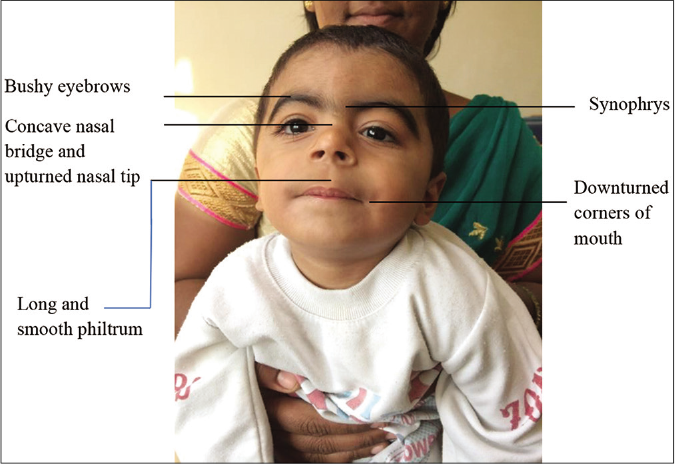
Approach to inherited hypertrichosis: A brief review - Indian Journal of Dermatology, Venereology and Leprology

PDF) Approach to inherited hypertrichosis: A brief review

Chromosome 16p13.3 Deletion Syndrome, Proximal disease: Malacards - Research Articles, Drugs, Genes, Clinical Trials

A case with Rubinstein-Taybi syndrome: A novel frameshift mutation in the CREBBP gene.

PDF) Clinical, genetic and imaging findings identify new causes for corpus callosum development syndromes

genereviews.org - GeneReviews® - NCBI Bookshelf
de
por adulto (o preço varia de acordo com o tamanho do grupo)
